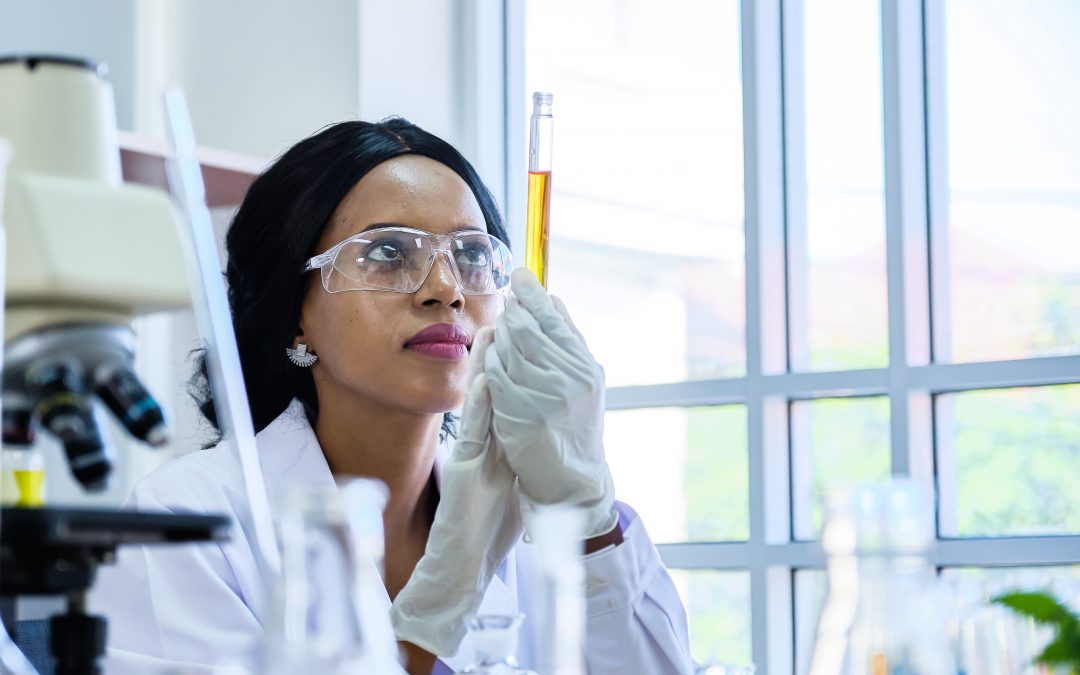Today, the European Commission (EC) celebrates the symbolic launch of Horizon Europe. After more than three years of fierce negotiations, the 9th research and innovation framework programme is ready to begin but Horizon Europe still leaves some questions unanswered. The preparation of the 2021-2022 work programme continues, and the legislative proposals for the research and innovation partnerships under the new programme are long-awaited. Formalising the association of third countries – in particular the UK – to Horizon Europe will also have a significant impact on the programme. So it is a good time to pause and ask ourselves, what can Horizon Europe contribute to the many health challenges we face, including delivering on the commitments to end poverty-related and neglected diseases (PRNDs)?
Matching talk with action
As the saying goes, “show me where you spend your money and I will know your priorities”. According to the latest news, Horizon Europe’s health cluster is expected to receive more than 8 billion euros in current prices, which would mean at least 600 million more than under Horizon 2020. In normal times, this would have been excellent news, but in the middle of a global pandemic, it speaks volumes that the EU will earmark proportionally less funding for health R&I than in Horizon 2020. Approximately 1% less of the total research budget. Moreover, more than 1 billion euros of the health cluster budget will come from outside the EU budget in the form of a top-up from the post-COVID recovery instrument (the Next Generation EU) which runs until 2024. According to the Regulation, these funds “shall exclusively be allocated to actions for research and innovation directed at addressing the consequences of the COVID-19 crisis”.
Diseases of poverty in Horizon Europe
One of the best news of Horizon Europe is that one of the six priorities of the health cluster will be “infectious diseases, including poverty-related and neglected diseases”. Nonetheless, whether there are calls for proposals on PRNDs ultimately depends on the negotiations on the work programmes in the health programme committee, including member state representatives. This makes national advocacy crucial to transforming legal commitments into funding. Other non-thematic parts of the programme such as the European Research Council (ERC) or the European Innovation Council (EIC), will also provide funding opportunities for PRND R&I. The ERC announced it will publish its draft work programme for 2021 calls early February, while the EIC is already running as a pilot.
Africa-EU and UK-EU cooperation
Yet the Africa-EU Global Health Partnership (the successor programme to the European and Developing Countries Clinical Trials Partnership – EDCTP) holds the future of PRND R&I in Europe. The EDCTP2 is the flagship EU-Africa initiative in the field of diseases of poverty. Between 2014-2020, it has mobilised more than 700 million euros through over 200 collaborative research projects, and trained almost 200 researchers through its fellowship programme. The legislative proposal of its successor is expected in February, and once again, Member States will be in the driving seat of the negotiations. Few will doubt today that it is vital to invest more in infectious disease R&I and that we need stronger international cooperation in epidemic preparedness and response. An important piece of the EDCTP puzzle is in the hands of the UK Government and its willingness to continue participating in this successful programme.
In a public event on January 26, both UK and EC representatives confirmed that the UK’s association to Horizon Europe has been agreed in principle as part of the EU-UK trade agreement and that the UK will participate in the entire programme with the exception of the EIC accelerator. This means that UK-based organisations will be able to participate in Horizon Europe. The UK will cover the costs of its own researchers so the budget of Horizon Europe will not be affected by the UK’s participation and will reciprocate EU researchers with similar access to its R&I programmes. The details, however, remain unclear and data exchanges or visa regimes are not part of the deal yet. Finally, while the association agreement should allow the UK’s full participation in the Africa-EU GH Partnership, the details will be agreed in the legislative negotiations of the partnership, in which the UK will not participate. Similarly, its role in the governance of the partnership remains unknown.
Next months are crucial
The next months are of paramount importance for the future of PRND R&I in the EU: the programme is set, and PRND R&I is well-placed in the legal basis. Yet the implementation is lagging behind and the details of the EU-UK cooperation in this field will be defined in the weeks to come. The pandemic has helped to refocus the importance of strong health systems and the role of R&I, but it is essential we keep calling for PRND R&I to receive the resources and attention it deserves, and end the suffering of billions across the world.

